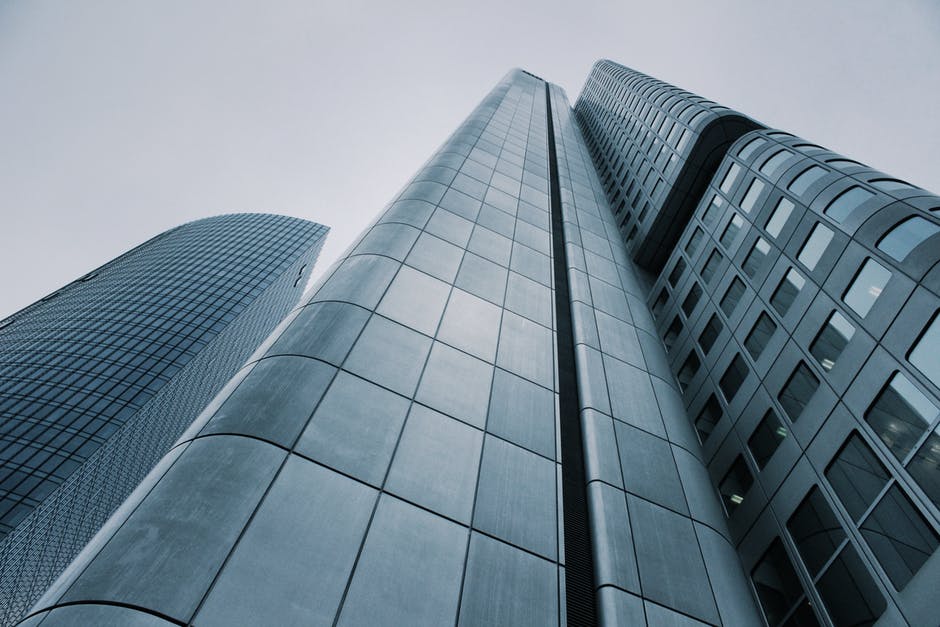All businesses depend somewhat on the maintenance of their buildings. But they don’t always work on it as diligently as they should. A commercial building isn’t like a home and is a place of business and production, not a place for an owner or workers to live in.
Owners need to keep that in mind and prevent their buildings from wearing out, becoming damaged, or posing a danger. To prevent that, you need to ensure that your commercial building is well-maintained.
So what exactly is building maintenance, and how do you conduct it? Read on for a simple guide to property maintenance tips.
Understanding Your Commercial Building’s Structure
This can help you identify and understand the key components of your building. This is to see how they relate to your desired maintenance goals.
This includes details such as identifying the key areas of your commercial building. Learn about the building’s flow of movement, and understand the various components that make up the structure. You can now have a better plan for:
- necessary repairs
- maintenance
- improvements
Additionally, this can help you make informed decisions about when and where to perform maintenance tasks. To be able to determine which tasks are most appropriate for your building. With this knowledge, you can keep your commercial building well-maintained and running smoothly for years to come.
Identifying the Routine Maintenance Schedule
Developing and sustaining a routine maintenance schedule for commercial buildings is key to ensuring that the structure is in optimal working order. To identify the schedule, the building manager or owner should first assess the building’s age, condition, and use.
For older buildings, regular inspections and repairs of the roof, walls, and exterior features may be needed. In addition, inspect the electrical, plumbing, and HVAC systems. Indoor areas such as stairwells and door frames should be checked inside and out, and any flaws or damage rectified.
How to Handle Emergencies and Unforeseen Issues
It is important to handle emergencies and unforeseen issues quickly and effectively. If an emergency occurs, such as an overflowing toilet or a power outage, the first step should be to investigate the issue and determine the cause.
Depending on the type of emergency, you may need to call a professional service provider. If it is a minor issue, such as a plumbing clog, you may be able to take care of it yourself.
If a power outage occurs, contact the local electric utility and inquire about the cause. You can also check on this site and hire commercial electrical contractors.
Once the cause is determined, come up with a plan of action to address it. Also, it is important to create a record of all emergency and unforeseen issues for future reference.
Then, make sure to keep a supply of common maintenance tips and repair materials on hand to address possible future issues.
Explore Proper Building Maintenance
Proper commercial building maintenance is essential for good health and the long-term satisfaction of tenants and occupants.
A clean, efficient building with properly managed systems will result in quicker rent payments, higher satisfaction ratings, and increased rent.
Follow these guidelines to ensure proper building maintenance. Visit us today to learn more about our services and see how we can help you maintain your building.
Did you find this article helpful? Check out the rest of our blog for more!







